Recently, Gremi Carn Xarcuters Carnissers Catalunya has organized a training for professionals in the meat sector. María Martínez, of Food Quality and Safety, of the Guild taught that day, from which she draws some conclusions for us in this interview.
You have provided training for butchers, delicatessens and poultries on waste. What conclusions did you draw?
La conclusió més marcada i estesa entre els nostres, és que als establiments de xarcuteria (especialment) no es genera gaire quantitat de malbaratament, ja que es poden reaprofitar en altres elaboracions.
En l’àmbit general les accions que es duen a terme contra el malbaratament alimentari es basen en reaprofitament, la donació o les promocions.
Is waste the same as loss?
Not for us. Food waste is something that "could be avoided". In other words, that product that, through actions (reuse, donations, promotions, ...) could have a second life.
El malbaratament són aquells aliments destinats al consum humà, en un estat apte per a ésser ingerits o no, que es retiren de la cadena de producció o de subministrament per ser descartats en les fases de la producció primària, la transformació, la fabricació, el transport, l’emmagatzematge, la distribució i el consumidor final, amb l’excepció de les pèrdues de la producció primària.
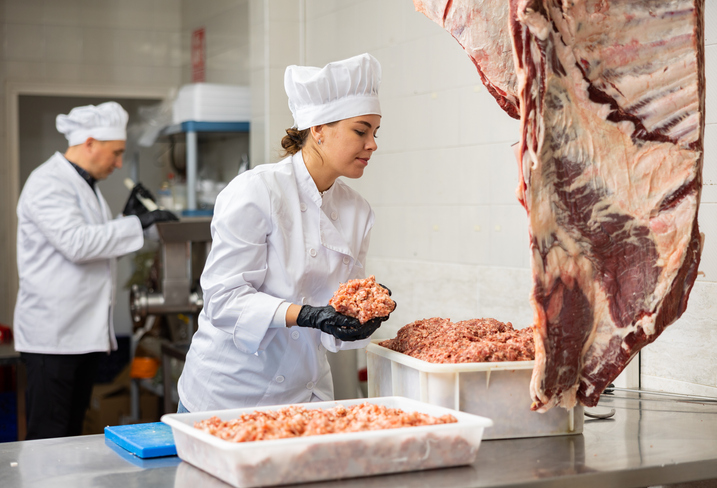
Quines són les obligacions de cara a les carnisseris, xarcuteries i polleries de la llei catalana i espanyola contra el malbaratament?
The Spanish Law has not yet been published, so I cannot get ahead of myself. Regarding the Catalan Law: Law 3/2020, of March 11, on the prevention of food losses and waste, Article 5 details the obligations:
Article 5. Obligations of food chain companies, social initiative entities and other non-profit organizations engaged in food distribution
– 1. Food companies and social initiative entities and other non-profit organizations that are dedicated to the distribution of food have the following obligations:
a) Have a loss prevention plan and food waste and apply it, in the terms established by regulation.
b) Reduce, measure and report annually on the quantification of food losses and waste, in the terms established by regulation.
c) Accounting food products that are intended for free distribution or animal feed.
d) Adopt the relevant measures to apply the hierarchy of priorities of article 11 to food losses and waste, in accordance with what is established by regulation.
e) Avoid actions aimed at leaving food in conditions unsuitable for consumption or recovery.
– 2. Micro-companies are excluded from the obligations referred to in letters a, b and c of section 1.
– 3. The companies of the food chain, social initiative entities and other non-profit organizations that are dedicated to the distribution of food, in order to fulfill the obligations referred to in 'section 1, they can draw up their own plan or they can take part in collective plans for the prevention of food loss and waste drawn up in relation to the different stages of the food chain, in the terms that be established by regulation.
L’Administració pública, d’acord amb el que estableix l’article 7h, els ha de facilitar guies per a elaborar aquests plans.
– 4. Food companies and social initiative entities and other non-profit organizations that are dedicated to the distribution of food, in addition to fulfilling the obligations referred to in paragraph 1, must ensure that:
a) Train the workers to act actively in the reduction of food waste and involve them in this action.
b) Apply measures for encourage the sale of products with a preferred use-by date or near expiry, in accordance with the hierarchy of priorities established by article 11.
c) Promote waste prevention through actions to reduce food waste and inform consumers about more responsible consumption habits.
d) Promote sales lines of products with imperfections or damage.
e) Promote the consumption of seasonal, local, organic and environmentally sustainable products.
f) Incorporate or improve information on the use of food and bio-waste.
g) Improve the segregation of the organic fraction.
h) Fomentar la venda d’aliments a granel.
In the local butchery sector, where is there more waste? In what processes?
We are in the process of quantifying but with the studies and experience in the sector, we think that the points where the most waste is generated are those where a reuse process cannot take place because there are no processes that allow it. Therefore, we could be talking about butchery processes where meat preparations are not made or the processes of cooked dishes. Anyway, we're still figuring it out.
What can professionals do to avoid this?
Podem detectar els punts on es genera, plantejar les causes i intentar trobar les solucions per minimitzar. Un aspecte important es la formació i informació als treballadors, per fomentar la seva implicació.
And society?
I think that much of the waste is generated in private homes. We do not have sufficient awareness, knowledge and information about the amount of product that is wasted due to poor management in our pantry/fridge. We have cold chain problems, we buy too much, we don't organize meals, etc.

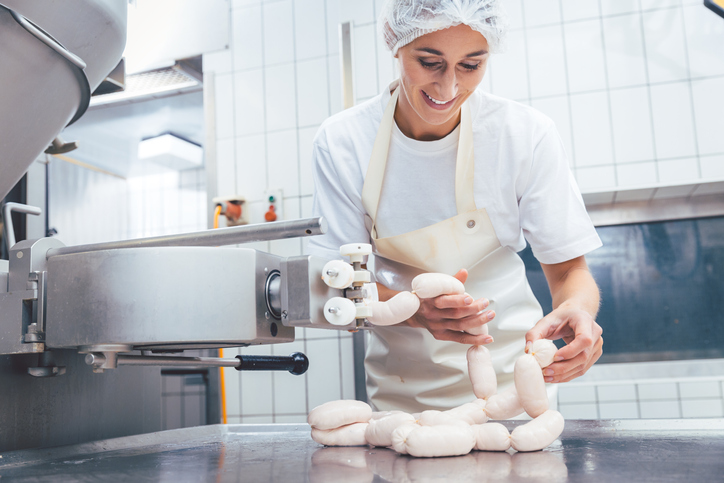


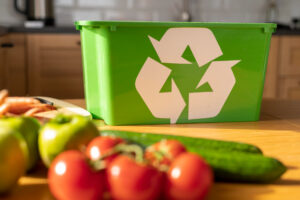



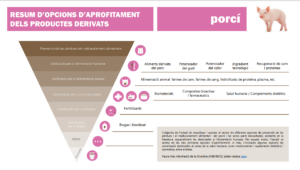

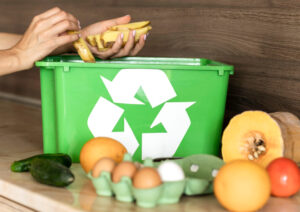
 The food waste plan should not include the weight of the packaging. Therefore, it is necessary to remove the packaging from all packaged products before quantifying them or calculating their weight and subtracting it from the total weight, either directly or approximately.
The food waste plan should not include the weight of the packaging. Therefore, it is necessary to remove the packaging from all packaged products before quantifying them or calculating their weight and subtracting it from the total weight, either directly or approximately.